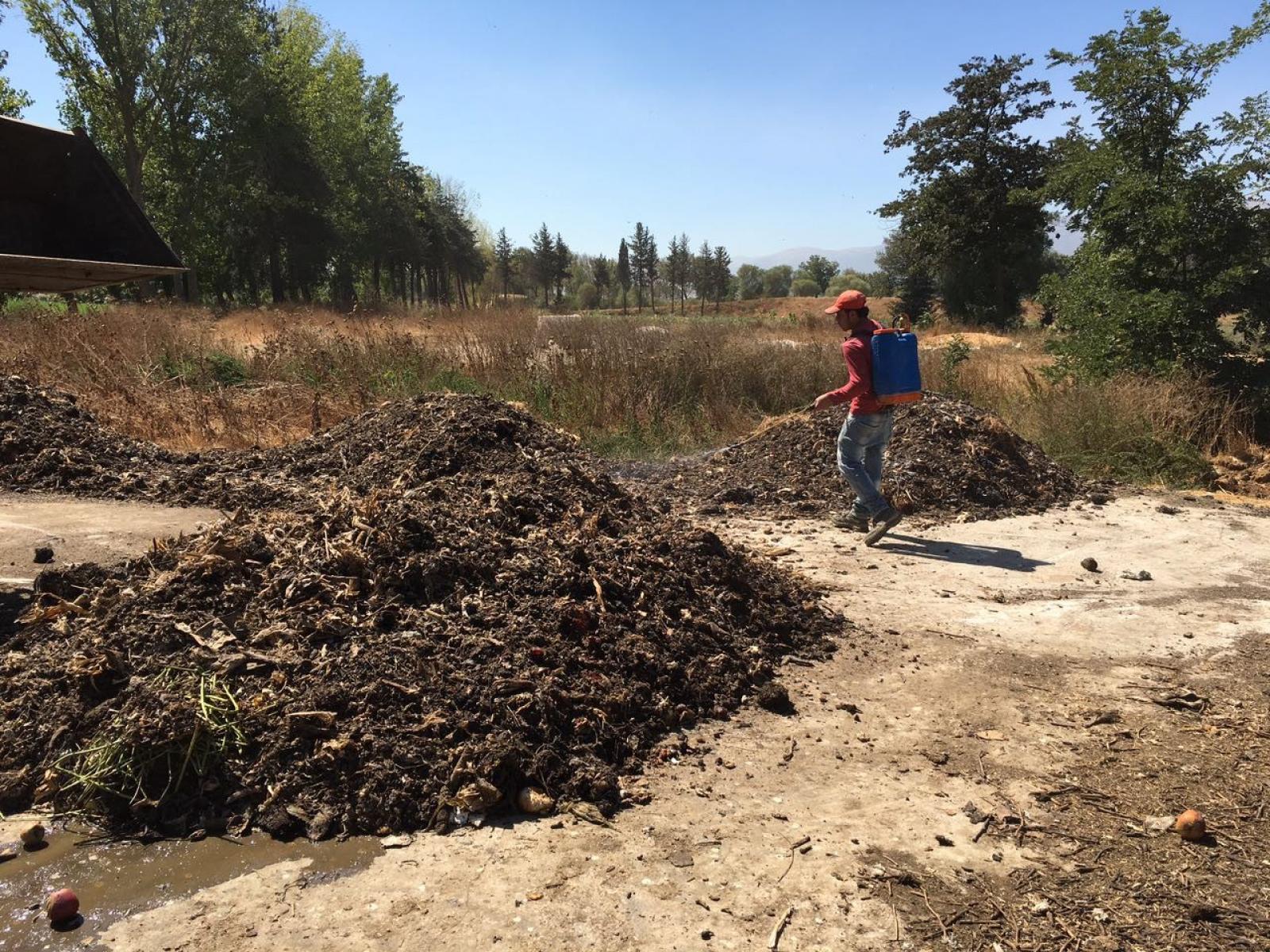An Overview Of Our Solution
- Population Impacted:
- Continent: Asia
Organization type
Population impacted
Size of agricultural area
Production quantity
People employed
Describe your solution
Describe your implementation
External connections
What is the environmental or ecological challenge you are targeting with your solution?
Describe the context in which you are operating
arcenciel has been a pioneer in recycling in Lebanon, winning the Ford Award twice 2011-2013 for its Rolling Caps Initiative, and has since developed its recycling program to collect all types of waste including organic waste. In order to complete the value chain, arcenciel teamed up with the Lebanese Agriculture Research Institution (LARI) and the Lebanese University to isolate 11 strains of Actinomyces bacteria that hastens the composting process while improving its quality. The tests were conducted in the Domaine of Taanayel, a 280 ha agricultural land managed by arcenciel, with a dairy farm and many pilot projects (bio-pesticides, post-harvest, etc.). The compost was tested in the domain, using cow manure and agricultural waste, and after optimizing it, the compost was then distributed to local municipalities and farmers. The aim is to be able to distribute compost to farmers across Lebanon, to protect our soil, consumers and farmers from the dangers of chemical fertilizers.
How did you impact natural resource use and greenhouse gas emissions?
Language(s)
Social/Community
Water
Food Security/Nutrition
Economic/Sustainable Development
Climate
Sustainability
An arcenciel strategy is to fund projects through grants and awards, and ensure their sustainability through market-based revenues. All funds from external sources like grants or awards finance new research and pilot projects, which arcenciel designs in ways that ensure their sustainability beyond the funded duration. The Bio-pesticide Plant was funded entirely by a grant, it is sustainable now through the sales of the product and its relatively low upkeep costs.
arcenciel reinvests its revenues in running its different existing project and operational units; all in order to best help and protect the marginalized communities.
Return on investment
Entrant Image

Entrant Banner Image

